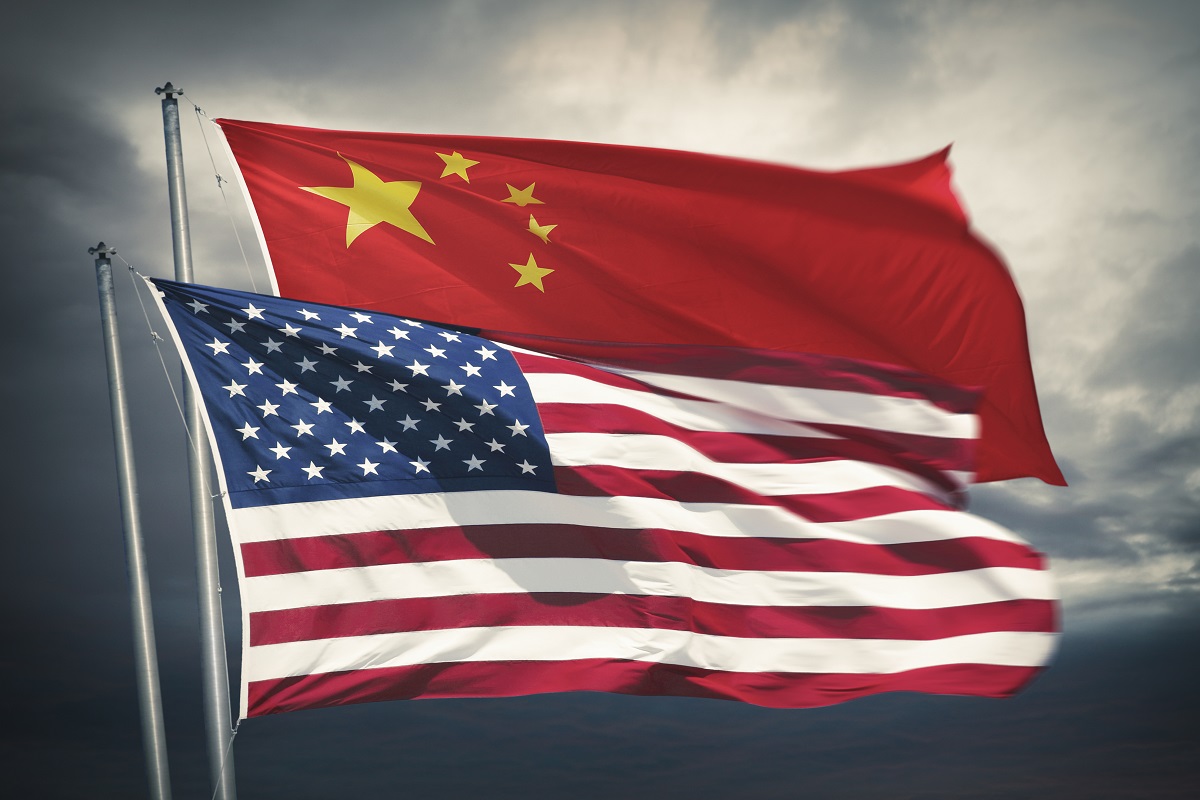The sentencing of 45 pro-democracy campaigners in Hong Kong under its controversial National Security Law signifies a turning point in the former British colony’s political and legal history. This trial, the lar gest since the law’s imposition, is emblematic of a broader erosion of freedoms that once defined the territory. It underscores the cost of Beijing’s drive to ensure control over a city long celebrated for its vibrant civil society. The law, introduced in 2020, has reshaped Hong Kong’s political landscape by criminalising vaguely defined acts of subversion and collusion. Once a bastion of free expression, the city has witnessed an alarming crackdown on dissent.
The recent trial, which targeted key figures in the pro-democracy movement, illustrates this stark transformation. These individuals were not accused of violent acts but of organising a primary election to strengthen opposition candidates ~ a democratic process by any global standard. This sentencing highlights the weaponisation of legal systems to achieve political ends. By framing democratic activities as threats to national security, authorities have redefined lawful dissent as criminal behaviour, eroding the trust that underpins any legitimate judicial framework. Many defendants were denied bail and detained for extended periods before their convictions, a sharp deviation from Hong Kong’s legal traditions rooted in the rule of law. By handing down sentences of up to a decade, the judiciary has sent a clear message: dissent, even in its most peaceful form, will not be tolerated.
Advertisement
The implications extend far be yond the individuals sentenced. Hong Kong’s pro-de m ocracy movement, already weakened by years of gov ern ment crackdowns, has been effectively decapitated. With its leaders imprisoned and its supporters silenced, the movement faces an existential crisis. The city’s civic identity, once synonymous with peaceful protests and vib rant debates, is giving way to a climate of fear and self-censorship. Beijing, for its part, views the trial as a necessary step to secure stability and safeguard national security. However, this approach risks further alienating Hong Kong’s population. While public dissent has largely been stifled, the deep mistrust of authorities lingers. Stability achieved through suppression often proves brittle, as suppressed grievances have a way of resurfacing in unexpected ways. International reactions to the trial have been sharp but largely symbolic. Western nations have condemned the sentences as an attack on fundamental rights and freedoms.
Yet, economic dependence and geopolitical considerations limit their ability to confront Beijing effectively. This reflects a sobering reality: as authoritarian regimes grow bolder, democratic nations face shrinking avenues to counteract these trends. Hong Kong’s transformation is a cautionary tale of how quickly freedoms can erode under sustained pressure. The city’s vibrant democracy was not dismantled overnight but through incremental encroachments on rights and institutions. For the people of Hong Kong, this trial is both a devastating blow and a reminder of the fragility of freedom. For the world, it is a call to defend democratic values before they are lost.
